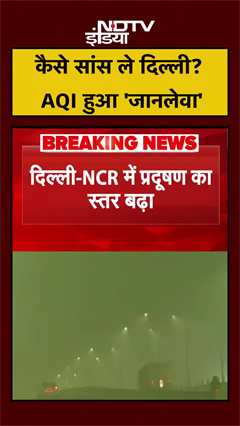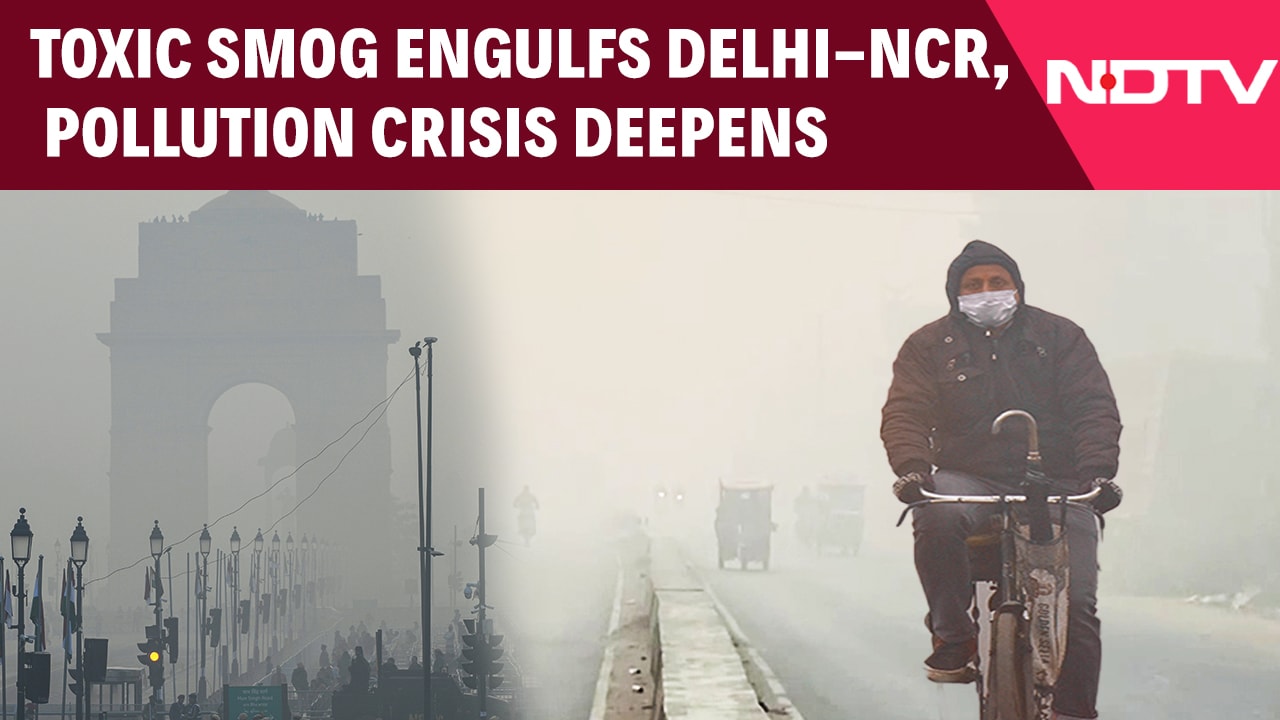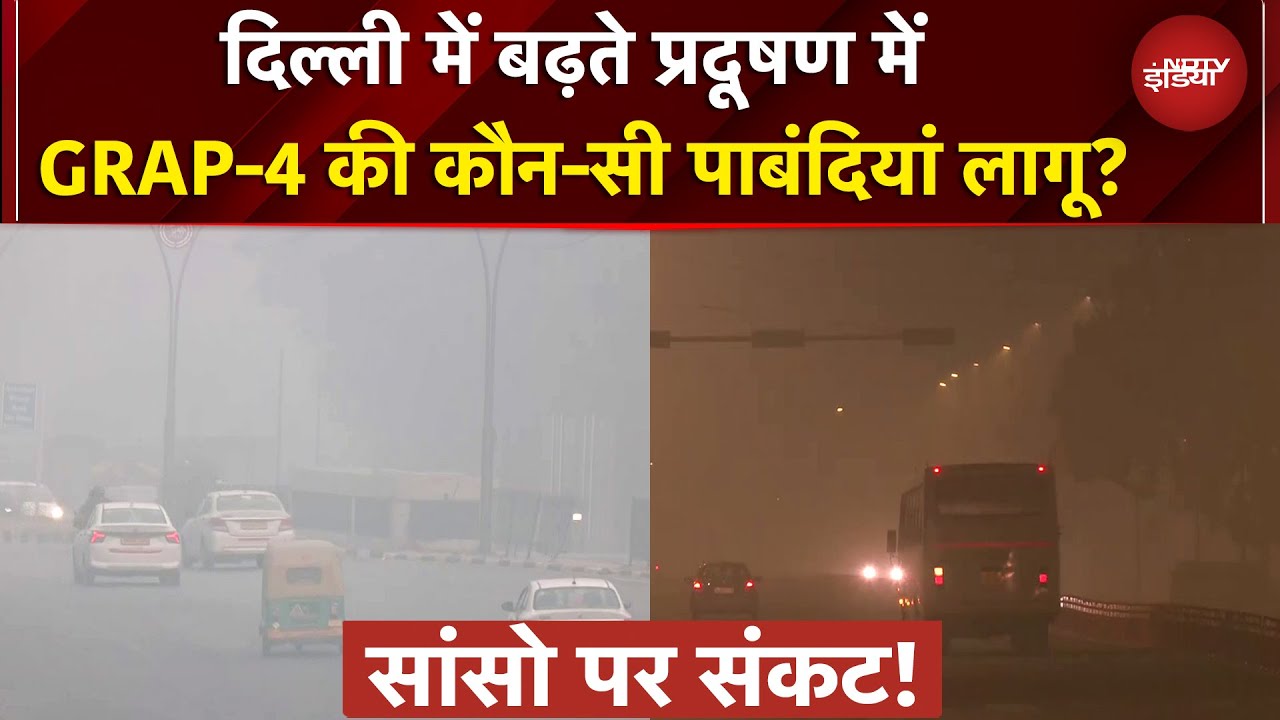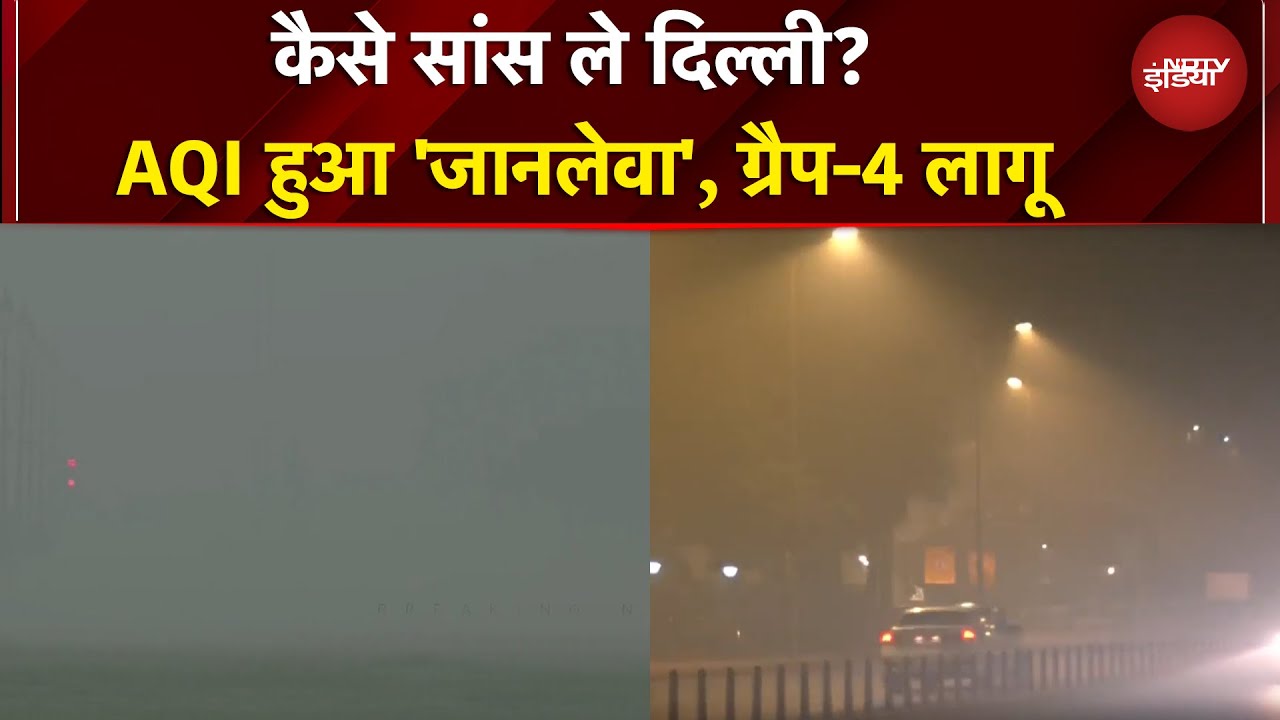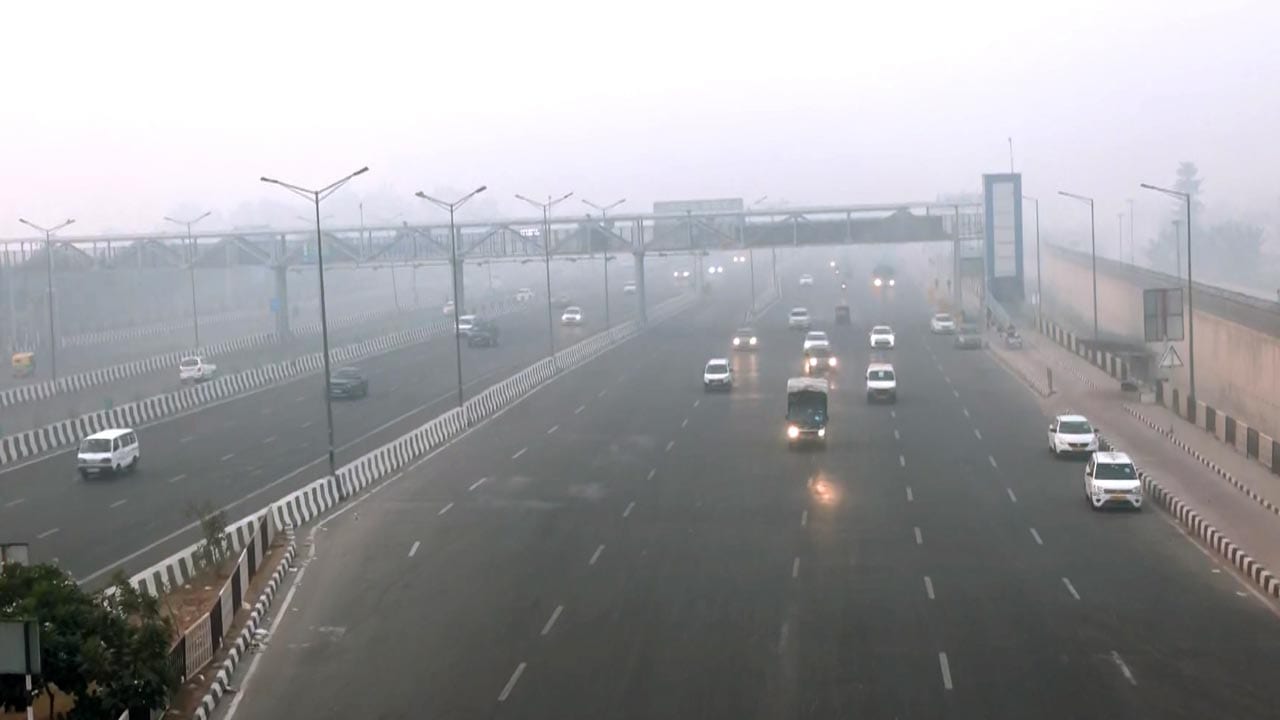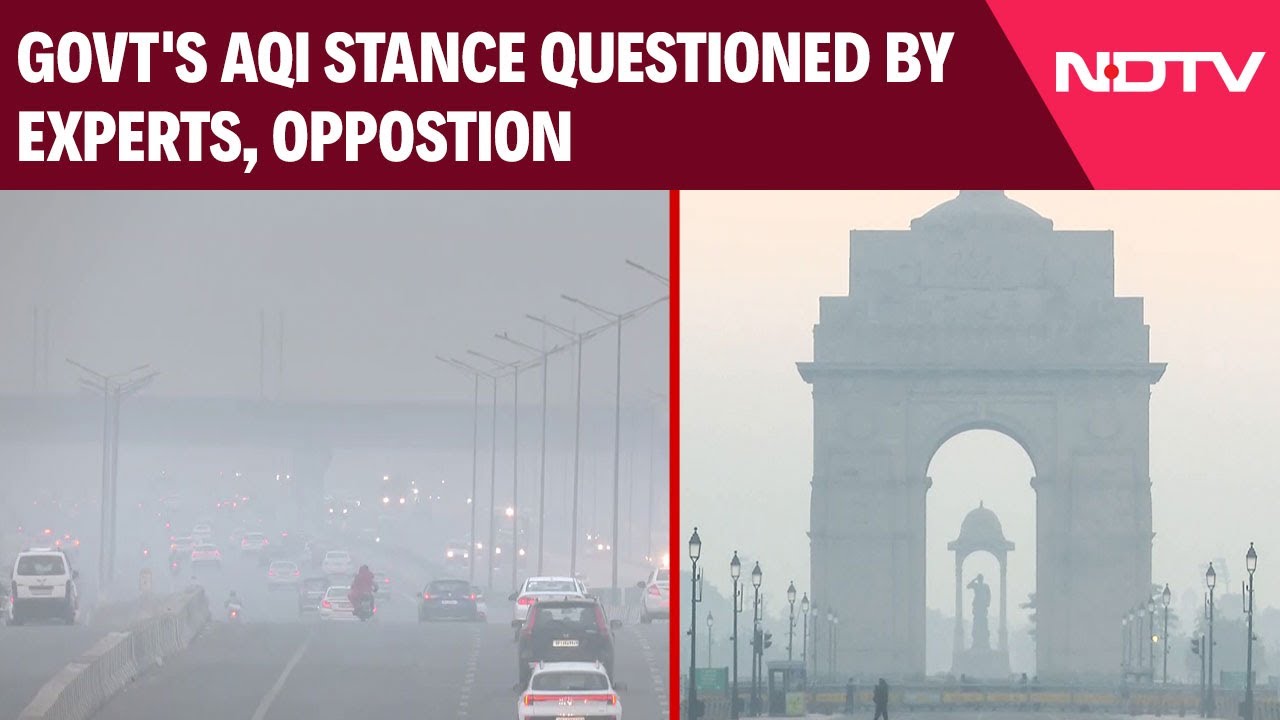- Home/
- Can Weather Change & Air Pollution Hinder Immunity? Here's What To Do
Can Weather Change & Air Pollution Hinder Immunity? Here's What To Do

The current weather changes along with smog and air pollution have led to raising concerns surrounding our short-term and long-term health. It is no surprise that with the weather changes come a lot of cases of flu and other diseases that can make us sick.
Besides the weather getting cooler, the poor air quality also might worsen our health as per research. A combination of these two currently can hinder one's immunity. In this article, we discuss how these two factors affect our health and what we should do about it.
How does air pollution affect our bodies?
When air pollution reaches high enough concentrations, it can be harmful to humans. Millions of Americans reside in places where toxic chemicals, urban haze, and particle pollution offer major health risks. People who are exposed to high enough concentrations of some air pollutants may experience eye, nose, and throat irritation, wheezing, coughing, chest tightness, and breathing problems.
It could also cause chronic issues such as worsening of current heart and lung conditions, including asthma, and an enhanced risk of a heart attack. Long-term exposure to air pollution can also harm the immunological, neurological, reproductive, and respiratory systems in addition to causing cancer. It may even result in death in severe circumstances.
Chronic exposure to contaminated air, according to a study, results in cardio-respiratory disorders. Inflammation may arise from breathing contaminated air because it might cause the release of white blood cells into the bloodstream.
The immune system becomes out of balance when PM, or fine particulate matter, is present. When exposed to particulate matter, molecules in the cells can begin to respond. As the molecules begin to change, Toll-like Receptor 4 is activated (TLR4). TLR4 recognises the distinctive traits of infections and causes the white blood cells to become active.
“Air pollution has started worsening rapidly soon after Diwali and Faridabad is one of the most polluted cities in the world. Both indoor and outdoor air pollution are worsening. Air pollution is mainly measured by AQI or Air Quality Index which mainly relies on Particulate Matter (PM2.5) concentration. However, there are many other constituents of polluted air, but PM2.5 and Carbon Monoxide are the most dangerous ones.” further explains Dr. Ravi Shekhar Jha, Director of Pulmonology, Fortis Escorts Hospital, Faridabad.
“Our airways are not designed to filter such small particles and it enters deep into our respiratory system. Smaller the particle size, the deeper it goes into our system. Short exposure to polluted air can lead to irritation in the eyes, nose, throat, and skin and also to asthma attacks. Prolonged exposure can lead to COPD, Pneumonia, and Lung Cancer. Therefore, it is very important that we protect ourselves, and only by being aware can we help ourselves and our nation from the ill effects of air pollution.” Elaborates Dr. Ravi Shekhar Jha.
How does weather change affect our bodies?
Variations in weather conditions can make you more susceptible to getting sick than changes in temperature. Additionally, the drier, colder air of winter dries up the mucous membranes and makes it easier for viruses to enter your body. These viruses can enter your body and settle in mucus membrane cracks.
Furthermore, as the temperature drops, our immune systems deteriorate, leaving us more vulnerable to illnesses. In addition to exposure to the cold, there is also exposure to sick people. Winter's cooler temperatures cause us to spend more time indoors with more people, which provides viruses with plenty of food sources. The ventilation indoors isn't as good as it is outside, and there are more germs there.
While many people deal with allergies all year long, seasonal allergies that start in the fall when the temperatures start to drop can cause enduring problems for many. And as discussed above, the temperature drop isn't what's making you ill. Nevertheless, some circumstances that arise when the temperature drops unquestionably render you more exposed.
How can we protect ourselves?
There are various ways through which we can lower the negative effects of air pollution and weather change on our bodies. Dr. Jha suggests, “Always wear a mask while going outside, especially when the air quality is bad. Try avoiding going out when AQI is high and when there is visible smog. Practice carpooling and plant more trees. These small steps can help keep your lungs and your fellow citizens' lungs safe.”
Along with this, you can also try:
- Eating a well-balanced diet rich in immunity-boosting foods.
- Work out indoors and engage in indoor activities for the next few weeks.
- Avoid going outside unnecessarily.
- Keep your surroundings clean to ensure lowered contact with pathogens that are active during this season.
- Stay hydrated as the winter weather dries our mucus membrane and makes it prone to catching viruses.
- Wear a mask even if you are going out for a short period.
Keep these things in mind to keep yourself the same from the current weather changes and poor air quality.
Disclaimer: This content including advice provides generic information only. It is in no way a substitute for a qualified medical opinion. Always consult a specialist or your own doctor for more information. NDTV does not claim responsibility for this information.
Latest Stories
- Edited by Aastha Ahuja | Sunday December 14, 2025 , New Delhi
Delhi Air Pollution: All 40 monitoring stations in Delhi show 'red', meaning AQI in the 'severe' category. Rohini in North West Delhi recorded AQI of 499, followed by Jahangirpuri and Vivek Vihar reporting AQI at 495.
- Reported by Shreya Ghosh | Saturday December 13, 2025
Hours after pollution norms under GRAP-3 were imposed, Delhi and nearby areas saw the curbs being made stricter on Saturday evening and GRAP-4 being brought in.
- Saturday December 13, 2025
The wind direction/pattern since yesterday, and winds blowing easterly, has further worsened the situation for the PM 2.5 concentrations in Delhi.
- Edited by Harshit Sabarwal | Saturday December 13, 2025 , New Delhi
Anti-pollution curbs under GRAP-3 were imposed in Delhi on Saturday after the air quality worsened to the 'severe category.'
- Edited by Harshit Sabarwal | Saturday December 13, 2025 , New Delhi
Residents of Delhi woke up to smog on Saturday, with the air quality nearing the 'severe' category. According to data from the Central Pollution Control Board (CPCB), the Air Quality Index (AQI) stood at 390, which falls under the "very poor" categor
................................ Advertisement ................................
Latest Videos
Opinion
Blog | Well Done, Delhi. You've Turned Lung Sacrifice Into A Badge Of HonourSaikat Kumar Bose
Monday November 10, 2025Till some years back, Delhiites would ask angry questions to those in power about the capitals annual tryst with toxic air. This has changed. Those in the driving seat dont see the need to answer now.
Opinion | Why Indians Have Just Given Up On Air Pollution CrisisTanushree Ganguly
Friday December 20, 2024While some may argue that people in Delhi are now more aware of air pollution than they were a decade back, my rebuttal would be that awareness does not mean that people are concerned.
Opinion | You Must Outrage Over Filthy Air More Than Once A YearJyoti Pande Lavakare
Tuesday December 10, 2024Delhi welcomed us with monsoon rains and mangos. We were home. Fast forward a couple of years, in the winter of 2012, I found myself in denial about something other parents, mostly expats, were calling toxic air.
Opinion | Delhi's Air Pollution Situation Is Like A Bad MarriageNishtha Gautam
Friday November 22, 2024On a good day, such as today, the AQI reading in Delhi is 407. We are jubilant at the sickly sunshine trickling through the slightly dissipated smog. At least its not 1600.
दिवाली... पराली... सियासी जुगाली!Ashwini kumar
Monday November 18, 2024दिल्ली-एनसीआर में प्रदूषण का समाधान तो आज तक मिला नहीं. हर साल चिंतित होकर हम-आप सांसों की तकलीफ के साथ-साथ दिल और ब्लड प्रेशर के मरीज भी क्यों बनें?








